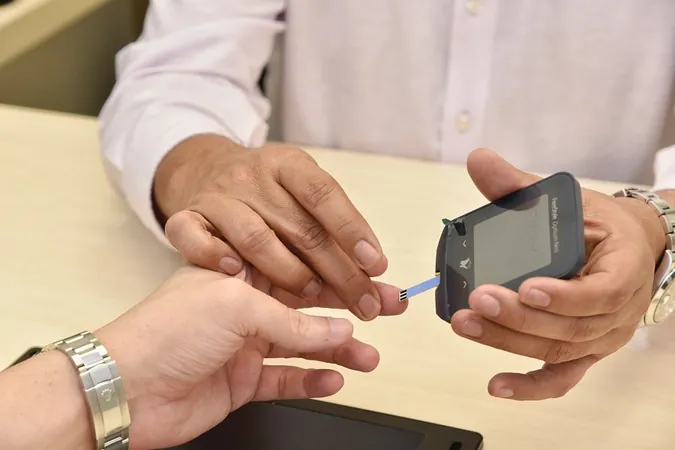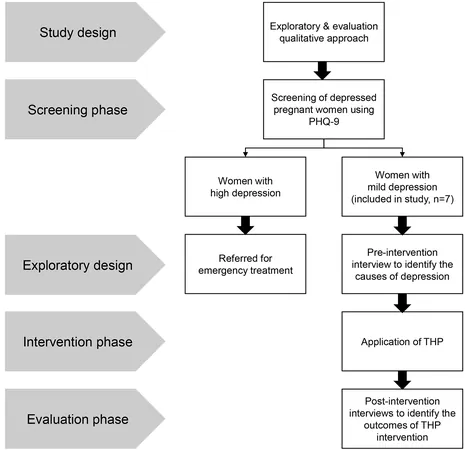
Breakthroughs in Diabetes Care: How Technology and Research are Changing Lives in Singapore
2024-11-17
Author: Rajesh
SINGAPORE - With one of the highest diabetes rates globally, Singapore faces a daunting health crisis. Currently, over 400,000 residents live with diabetes, and projections indicate this number could skyrocket to one million by 2050 as the population ages.
In response to this alarming trend, local health authorities are ramping up efforts to improve diabetes care through national health campaigns and community initiatives. These programs focus on raising awareness, ensuring early detection, and empowering both patients and caregivers to take control of their health journey.
Managing diabetes is no easy feat. It requires continual monitoring to avert serious complications such as kidney disease and heart problems. Many patients, especially those with Type 1 diabetes—an autoimmune disease—struggle with the intricacies of medication management and blood sugar tracking. These individuals may face an astounding 120 more health-related decisions daily compared to non-diabetics, adding considerable mental stress.
The Role of Technology in Diabetes Management
The rise of Continuous Glucose Monitoring (CGM) devices has been revolutionary for diabetes management. Patients can now monitor their blood sugar levels in real-time, eliminating the need for painful finger pricks. As CGMs become more widely accessible, even non-diabetics have begun utilizing them to optimize their diets and exercise regimens.
For patients with Type 1 diabetes, technological innovations like Automated Insulin Delivery (AID) systems are carving out new possibilities. These systems, using algorithms to communicate with insulin pumps, allow for automatic insulin delivery that adjusts according to real-time blood sugar levels. This closed-loop system drastically reduces the risks of hypoglycemia and hyperglycemia while increasing patients' flexibility and convenience in managing their condition.
However, for these technologies to reach their full potential, they need to be accessible to everyone. Public healthcare institutions in Singapore are stepping up by providing significant subsidies—up to 80% off—for devices like the Dexcom G6 CGM system to eligible patients. Such initiatives, combined with educational resources disseminated through social media, offer practical support and guidance to those navigating life with diabetes.
Collaborative Innovations in Healthcare
Innovating in diabetes care requires a collective effort from public and private sectors. The unique delivery of diabetes care varies from one country to another, meaning local health professionals must tailor approaches that best fit their communities.
Singapore has leveraged its strengths in biomedical research to pilot promising technologies. A noteworthy example is the HealthVector Diabetes platform by Mesh Bio, which employs artificial intelligence to predict the risk of Type 2 diabetes patients developing chronic kidney disease. Under trial in major hospitals and clinics, this initiative represents a forward-thinking approach to proactive healthcare intervention.
Future Perspectives and Areas of Focus
Despite advancements, challenges remain in medication adherence. Research indicates that one in three diabetes patients fails to adhere to their prescribed treatments, often due to misconceptions about their medications' necessity, safety, and effectiveness. To combat this, the National Healthcare Group Pharmacy and NHG Polyclinics recently conducted a study aimed at identifying risk factors associated with medication non-compliance. Ultimately, such research endeavors can lead to more timely interventions for at-risk patients.
The future of diabetes care in Singapore looks promising. By fostering collaboration throughout the healthcare ecosystem, leveraging innovative technologies, and focusing on comprehensive education, Singapore aims to empower patients to take charge of their health and improve quality of life. With one in three people at risk of developing diabetes, these advancements offer a beacon of hope for millions.
As healthcare continues to evolve, both patients and providers in Singapore are optimistic about the transformation of diabetes care strategies, setting the stage for a healthier tomorrow.



 Brasil (PT)
Brasil (PT)
 Canada (EN)
Canada (EN)
 Chile (ES)
Chile (ES)
 España (ES)
España (ES)
 France (FR)
France (FR)
 Hong Kong (EN)
Hong Kong (EN)
 Italia (IT)
Italia (IT)
 日本 (JA)
日本 (JA)
 Magyarország (HU)
Magyarország (HU)
 Norge (NO)
Norge (NO)
 Polska (PL)
Polska (PL)
 Schweiz (DE)
Schweiz (DE)
 Singapore (EN)
Singapore (EN)
 Sverige (SV)
Sverige (SV)
 Suomi (FI)
Suomi (FI)
 Türkiye (TR)
Türkiye (TR)